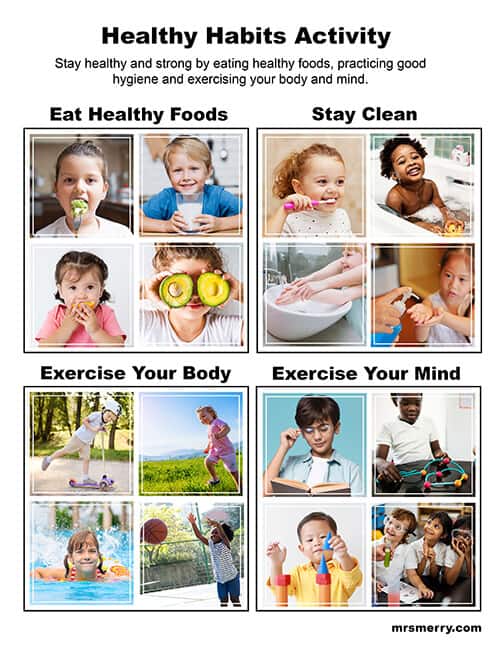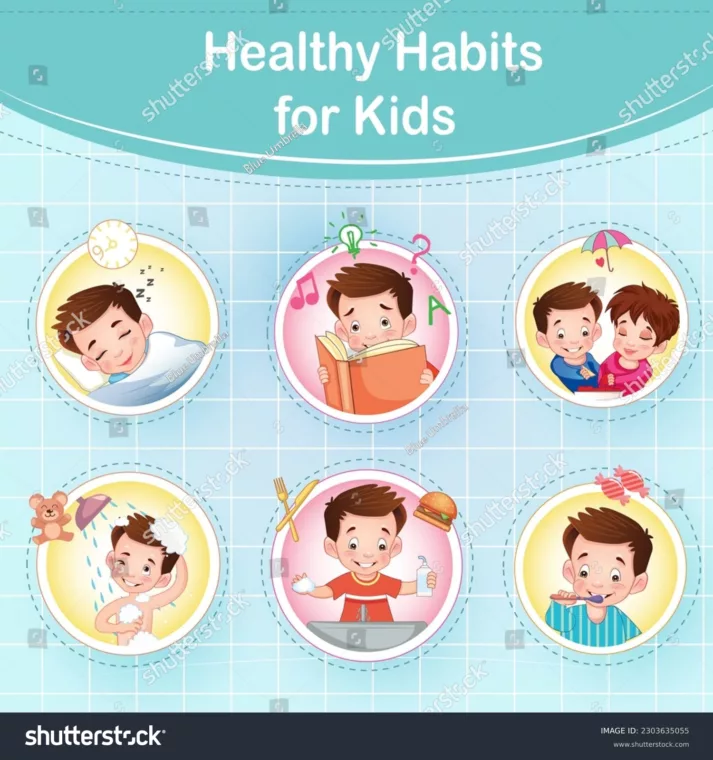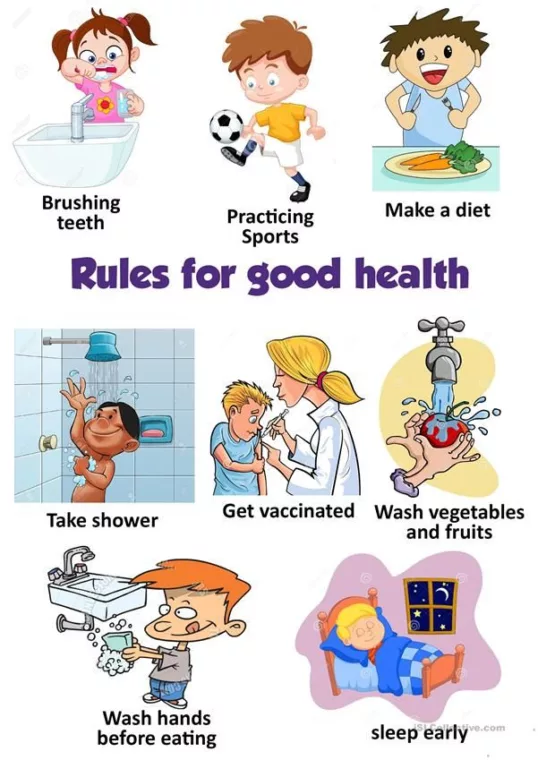Today, we are here to share some basic knowledge about children’s health for all the parents out there. Since the health of our children is the most precious thing to us, we hope to assist in nurturing healthier children by exploring this topic together. Shall we begin?
Nutritional Management for Children: The Importance of a Balanced Diet
Nutritional management is crucial for the health of children. By providing a proper diet, children can consume enough nutrients and obtain all the elements necessary for growth and development.
Essential Nutrients and Their Intake During Growth Periods
The growth period is a critical time for the physical development and health of children. During this time, children need to consume specific nutrients sufficiently. For example, protein is essential for growth and muscle development, and iron plays a vital role in the transportation of oxygen in the blood. Parents need to know which foods contain these essential nutrients and ensure they are adequately included in their daily diets.
Easy-to-Implement Physical Activities for Kids
Exercise plays an important role in enhancing the health and fitness of children. Parents should create an environment where children can engage in exercise regularly. Light walks, biking, or playing at the playground are good exercise options. These physical activities can help with muscle development and improve cardiovascular functions.
The Importance of Regular Health Check-ups and Vaccinations
Maintaining children’s health requires regular health check-ups and vaccinations. Regular check-ups provide an opportunity to assess the growth and development of children and to detect potential health issues early. Additionally, vaccinations play a significant role in protecting children from various infectious diseases. Parents must adhere to the schedules for these regular check-ups and vaccinations.
Promoting Emotional Health in Children
The emotional health of children is crucial for their happy and healthy growth and development. Parents should communicate with their children, share emotions, and assist with problem-solving and conflict management. Creating a positive environment and participating in activities that enhance self-esteem can also be beneficial. Spending time with family or expressing love and interest can help improve the emotional stability and happiness of children.
Creating an Environment for Quality Sleep
Sleep plays a vital role in the health of children. Parents should ensure that children have a comfortable and stable environment for adequate sleep. Adjusting the lighting and temperature of the bedroom and maintaining consistency in bedtime routines are advisable. Limiting screen time before bed and allocating time for calming activities before sleep are also important.
Personal Hygiene Management: From Handwashing to Oral Care
Personal hygiene management is crucial for maintaining children’s health. Parents should teach children personal hygiene habits such as handwashing, brushing teeth, and keeping their bodies clean. For instance, washing hands before and after meals can help prevent the spread of germs. Keeping teeth clean with a toothbrush and maintaining oral hygiene are also important.
Dealing with Common Childhood Illnesses
Children can commonly suffer from illnesses such as colds, fever, and diarrhea. Knowing appropriate prevention and coping strategies for these illnesses is essential. Handwashing and vaccinations can significantly help prevent infections. It’s also important to seek proper treatment and rest when symptoms appear.
Screen Time Management: Establishing a Healthy Relationship with Digital Devices
Digital devices play a significant role in the lives of modern children. However, excessive screen time can have negative effects on their health. Parents should manage their children’s screen time appropriately, opting for active games or educational content. Allocating time for family and other activities outside screen time is also beneficial.
Understanding Children’s Psychological Development Stages
Understanding the psychological development stages of children is part of their growth process. Parents should be aware of these stages and provide appropriate support. For instance, emotional expression and language acquisition are important during infancy, while social relationships and self-concept develop during school age. Parents should provide education and support that align with their children’s psychological development stages.
Based on the outline and content above, a comprehensive blog post titled “The More You Know: Essential Health Tips for Kids – A Guide for Parents” has been written. It detailedly explains how parents can properly manage and care for their children’s health. Through this post, parents will be able to acquire accurate knowledge and practical methods regarding their children’s health.










Leave a Reply